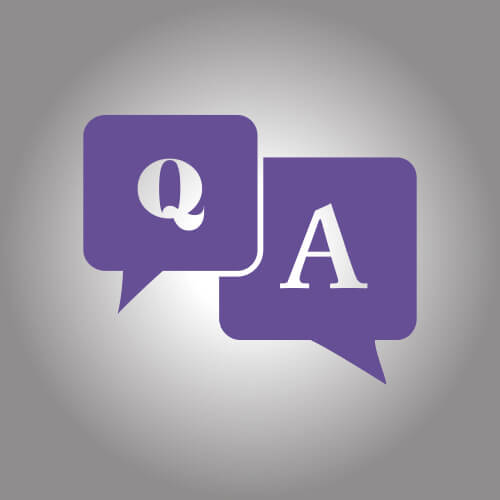FDA first released its guidance on Controlled Correspondence Related to Generic Drug Development in August 2014. We previously blogged about this guidance (here). In today’s Federal Register notices, FDA provided its response to comments received on the Guidance document. (here).
Basically, the comments were few and addressed the exclusions to what is considered “controlled correspondence” subject to GDUFA user fee goal dates. Specifically, those exclusions questioned were (1) Requests for recommendations on the appropriate design of bioequivalence (BE) studies for a specific drug product (BE guidance requests); (2) requests for review of BE clinical protocols (clinical protocol requests); and (3) requests for meetings to discuss generic drug development prior to ANDA submission (pre-ANDA meeting requests). FDA addressed the comments by stating “FDA has not changed its policy regarding its consideration of requests for bioequivalence guidance, clinical protocol reviews, and pre-ANDA meetings. FDA will consider them promptly upon their electronic submission and will respond as expeditiously as practicable. Although the guidance states that these requests are not considered controlled correspondence submissions, requests for BE guidance and pre-ANDA meetings are included in the 1,020 total annual responses estimated in table 1 because these requests will utilize the same information collection pathway as a request that is considered controlled correspondence. For reasons described in the draft guidance, however, controlled correspondence GDUFA metrics will not apply to FDA’s responses to the three excluded requests.”
The table referred to above includes the projected number of firms (217) from which the FDA expects to receive controlled correspondence and estimates, based on previous years, that each firm will submit an average of 4.7 controlled correspondences asking FDA for guidance.
More work for the Agency, but a necessary evil to obtain complete submissions and to gain valuable guidance on complex or unusual situations. We have not seen much information on how the Agency is doing with meeting the GDUFA goals for response to controlled correspondence, but according to OGD, they continue to meet or exceed all GDUFA goals.



